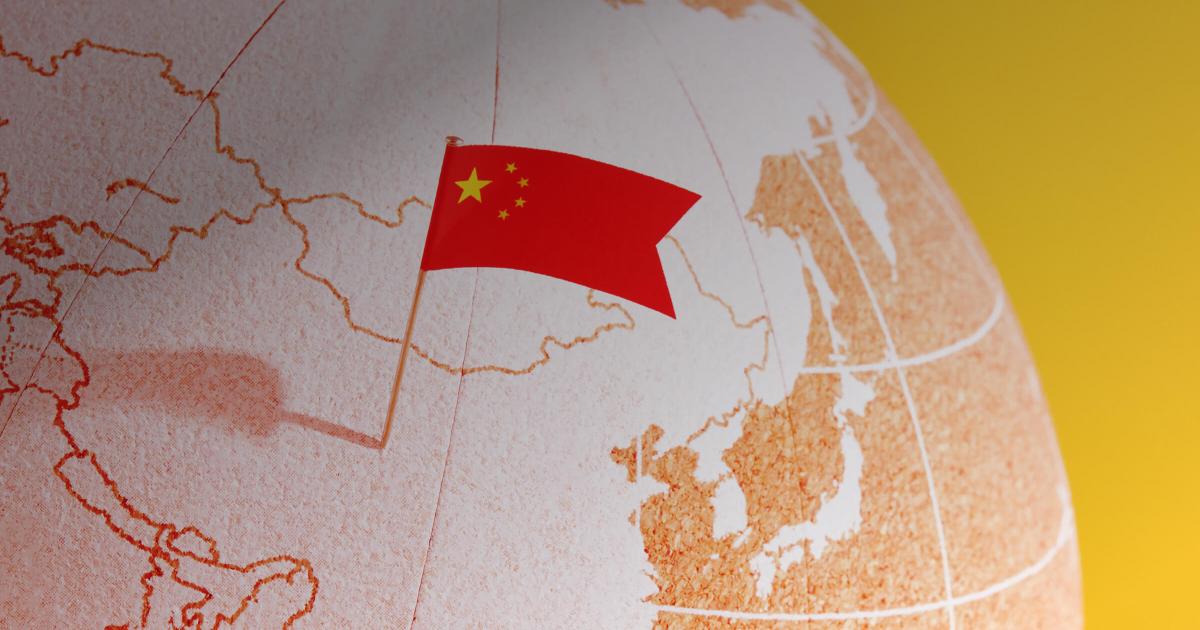Time for China to be transparent
That the Chinese economy has been suffering from a barrage of problems is known. The burst of the property bubble had eroded the savings of the common people, impacted consumer confidence, took away revenue sources of city governments and overburdened banks with trillions of dollars of bad debts. One-fourth of the nation’s GDP became vulnerable. Add to this the post-covid shift of foreign investments (both FDI in industry and market investments) from China to other emerging markets and the slowdown in export trade. The net result is visible in the sustained collapse of the Chinese stock market, wiping out $7 trillion in investors’ wealth since 2021.
On top of that the US slapped new tariffs in May on Chinese electric vehicles (EV), advanced batteries, solar cells, steel, aluminium, and medical equipment. The rates are steep. Aljazeera reports that tariffs will increase from 25% to 100% on EVs this year, bringing total duties to 102.5%. Lithium-ion EV batteries and other battery parts will witness a hike of duties from 7.5% to 25%. Chinese photovoltaic cells, used in solar panel manufacturing, will be costlier in the US, as duties are hiked from 25% to 50%. Duties on some critical minerals will be enhanced from nothing to 25%.
Both President Joe Biden and his Republican rival, Donald Trump, are unanimous that China misused the WTO-guided liberalised trade regime. The design is old. During its years of double-digit growth, the Chinese Communist Party (CCP) ensured layers of subsidies for its manufacturing. The subsidies were not easily recognisable due to CCP’s opaque systems. But the democratic world paid the price for transparency. China dumped goods at below-market prices to kill local manufacturing. Corporates from around the world were enticed to shift production bases to China. The policy helped Beijing to become the ‘factory of the world’ and corner 70% of the global trade. China used this as a geostrategic advantage during the COVID.
Europe survived part of the onslaught due to restrictions imposed by their labour unions on technology transfer and outsourcing of manufacturing. But the USA paid a heavy price. By 2010, the automobile manufacturing hub in Detroit collapsed and over 80% of cars were imported from China. American industry kept creating wealth and jobs for China and, the totalitarian regime used that money to pursue neo-colonialist goals. Money was thrown at smaller nations, far excess of their repayment capacity, as part of a debt-trap diplomacy. As the countries became debt-ridden China claimed part of foreign territories as their own and dictated policies in those countries to rob them of their minerals and strategic assets and swamp them with Chinese goods. This has happened to large parts of Africa and Asia. Sri Lanka collapsed under the weight of Chinese loans. The Maldives is unstable.
Donald Trump understood this first and took corrective measures during his presidency in 2017 and 2021. As part of his ‘America First’ policy Trump imposed a tariff wall on Chinese imports beginning in 2017. “China is eating the US’s lunch,” he famously said and squarely blamed China for pushing the world to disastrous impacts of the COVID-19 pandemic. The virus attack originated from Wuhan in China and Beijing was accused of not alerting the world in time. Then as China went under lockdown at free will (and even denied supply of critical pharmaceutical raw materials) impacting global supplies; the world realised it was too big a mistake to let one country control their fate. Top American, Japanese and Korean companies started shifting production from China. India has been a major gainer.
Joe Biden initially went soft on China but he too now realises the danger. According to him, subsidies provided by the CCP ensure Chinese companies do not have to earn a profit, giving them an unfair advantage in global trade. “American workers can outwork and outcompete anyone as long as the competition is fair,” the US President said. “But for too long, it hasn’t been fair. For years, the Chinese government has poured state money into Chinese companies … it’s not competition, it’s cheating.” US Trade Representative Katherine Tai said China was stealing US intellectual property.
Undoubtedly, there will be some cost impact on American consumers of this policy shift. But, it will act as a counter-pressure on Beijing to bring transparency in its conduct. It was a wrong idea to allow this totalitarian regime to enjoy a free run without sufficient checks and balances.













